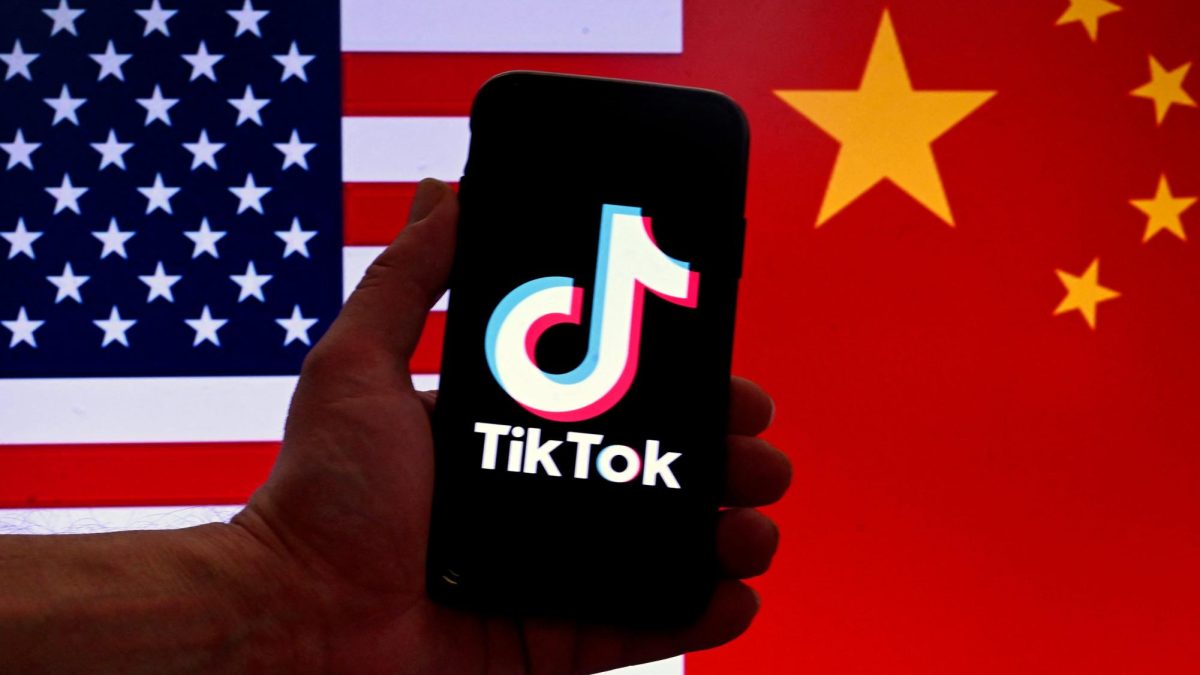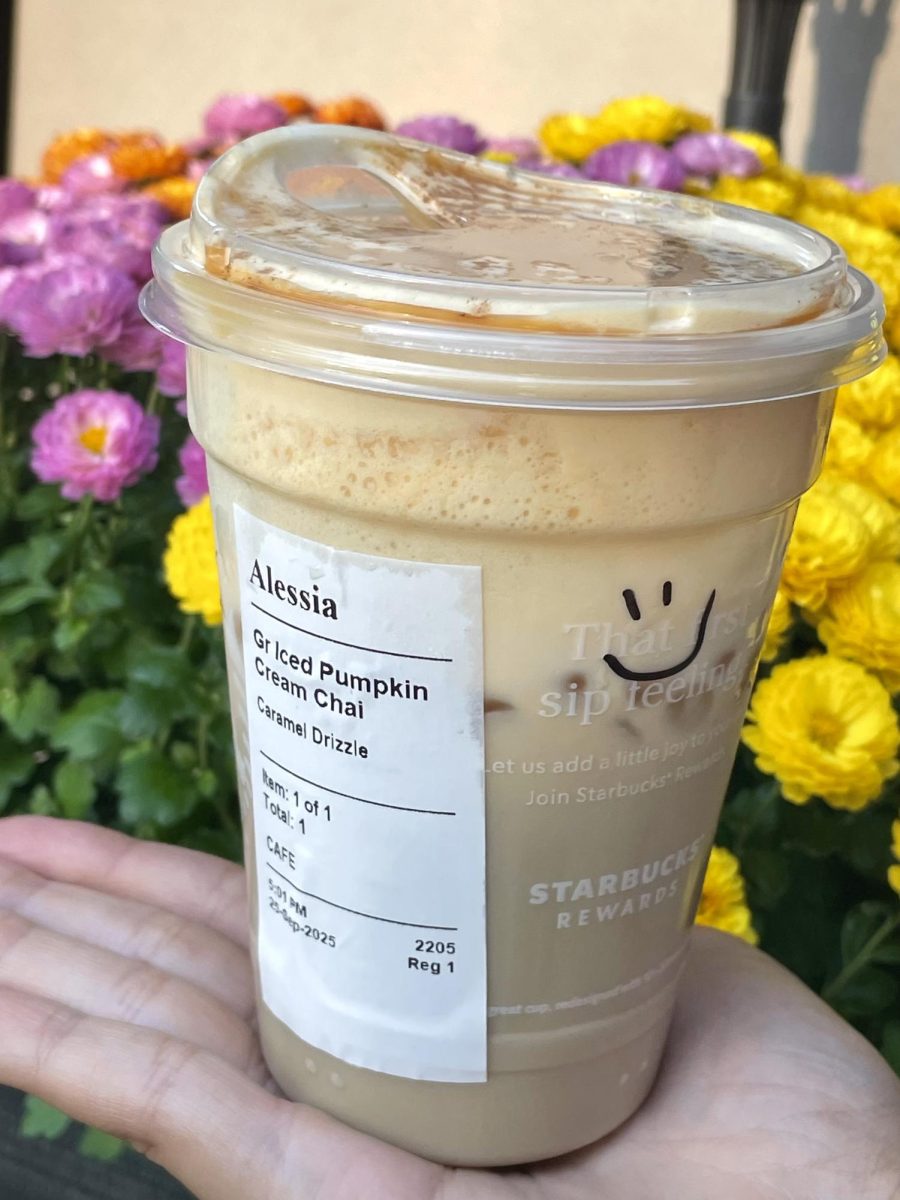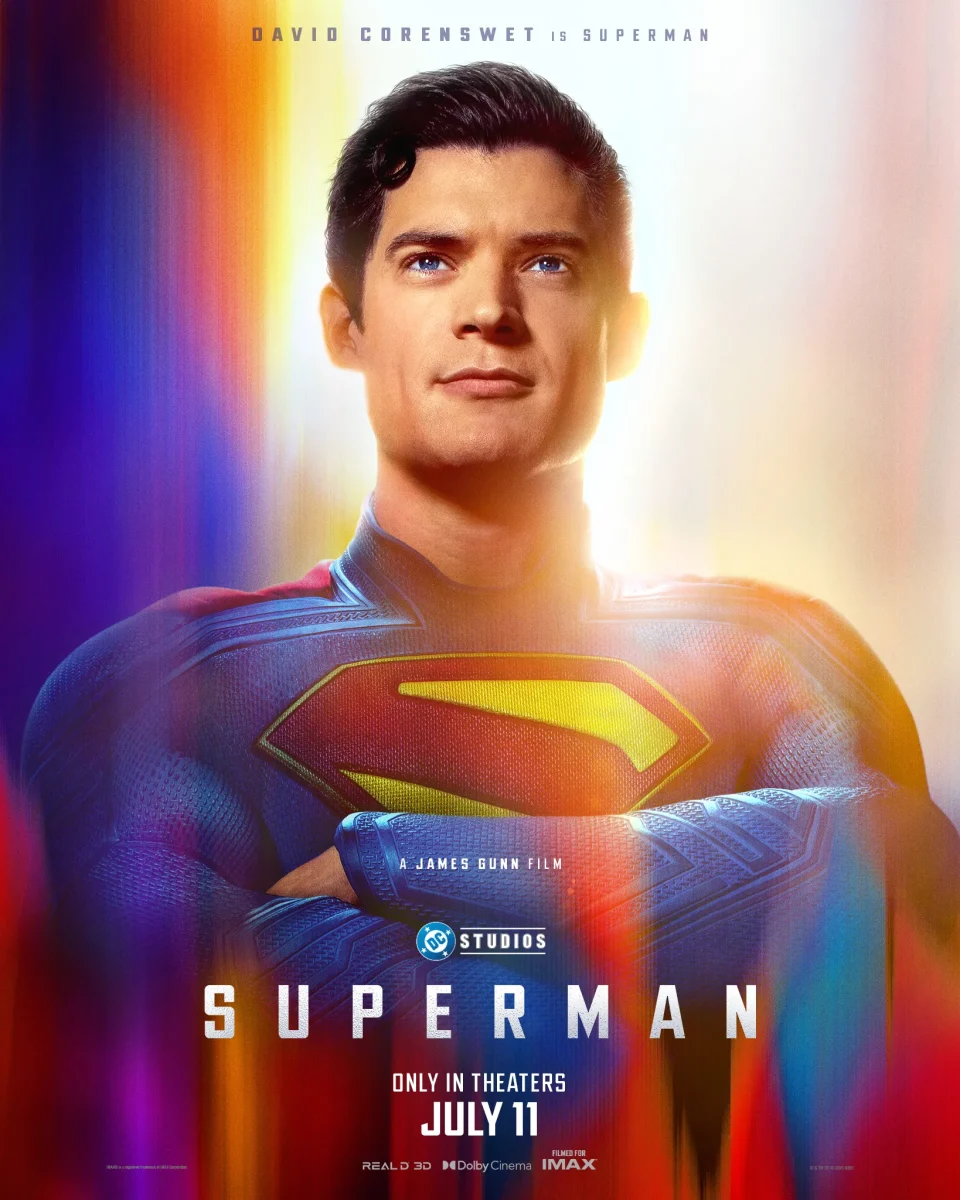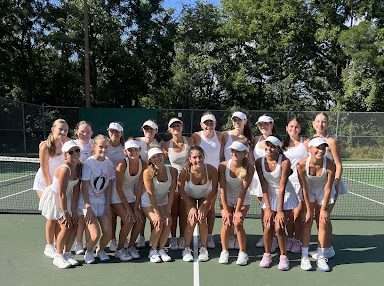After briefly going dark for 14 hours, President Trump has temporarily reinstated TikTok by signing an executive order on Jan. 20, pausing a ban from Congress that had gone into effect the day before, by instructing the Justice Department to not enforce the law for 75 days. The app is still unavailable to purchase in the U.S. but is still available to previous users.
Last year, Congress overwhelmingly passed the Protecting Americans from Foreign Adversary Controlled Applications Act which required the Chinese owned company ByteDance to cut ties with TikTok within 165 days of the act’s passage. This deadline effectively banned ByteDance’s apps from the country come Jan.19 after President Biden signed it into law.
In response, TikTok sued the government on the grounds that the act inhibits free speech. The case made its way to the Supreme Court in TikTok v. Garland in which the justices unanimously decided to uphold the law on Jan. 17. The court determined that the act did not violate the First Amendment because it was not a matter of restricting content of speech and did not warrant a reversal of precedent and the app seemed doomed.
In a reversal of his previous position, President Trump moved in TikTok’s defense with an executive order that potentially extends Congress’ deadline. He cites needing time to reevaluate TikTok’s threat to national security and instructs the attorney general to not enforce this particular law for the time being. This takes the opposite approach from his previous position on TikTok as a national security threat. Perhaps he recognized the role of social media platforms in his campaign or wants to curry favor with the app’s 170 million American users, most of which are young people.
The Supreme Court previously overruled his attempt to ban TikTok via executive order in 2020 as it was an overstep of the office and upheld Congress’ law. This move raises serious concerns about oversteps of executive power and we will have to wait and see if the Supreme Court will maintain their current precedent, if the order is challenged at all.
TikTok has been facing possible bans since the last Trump administration in August of 2020, with the effort being largely spearheaded by Trump and his constituents. The platform faced more concrete bills in Congress with bipartisan support under the Biden Administration in 2023 and TikTok’s CEO testified before Congress.
ByteDance owns TikTok, and is an internet company based in Beijing. ByteDance is therefore subject to Chinese law, and theoretically, the Chinese government could demand that TikTok hand over American user data and use it for intelligence purposes or influence the platform to spread misinformation.
TikTok is not unique in collecting sensitive user data from its users and most social media apps collect users’ location, IP address, the type of device being used, and more. TikTok claims that they do not collect any more user data than America-based social media companies.
The effectiveness of Trump’s order is yet to be seen as the Supreme Court precedent is to override presidential action against acts of Congress. However, their decision in 2023 in Trump v. United States, which gave the president immunity for actions made in an official capacity, does suggest a willingness to expand executive powers beyond what the framers thought possible.
This is a developing story and changes are bound to come within the coming weeks if not days.













